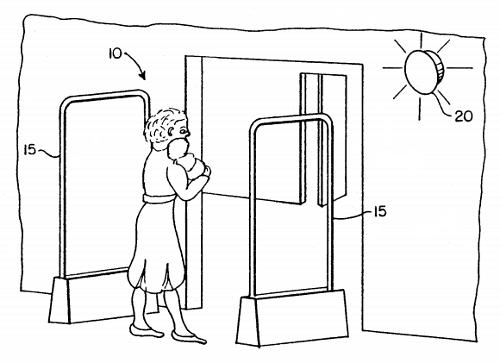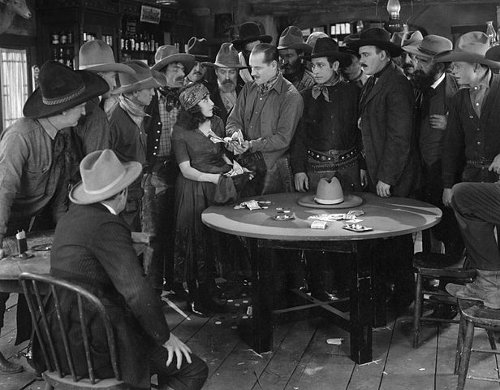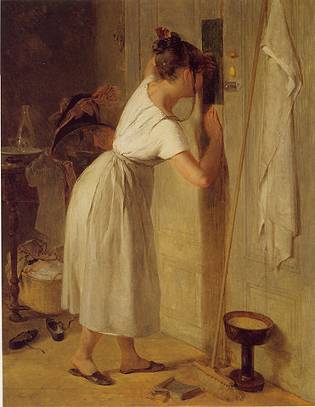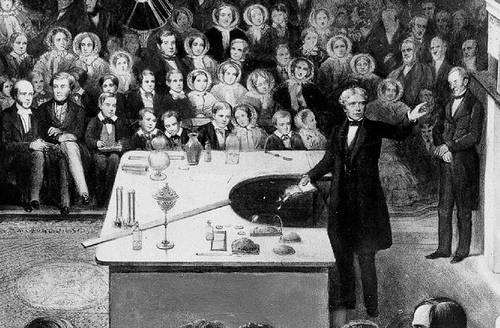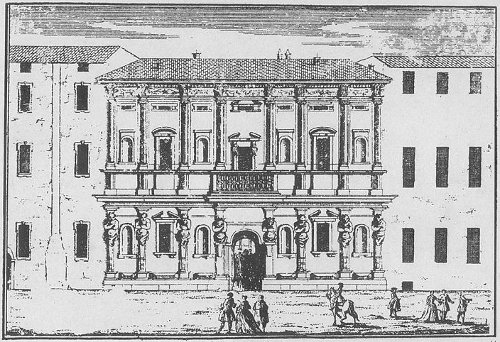In Max Beerbohm’s 1916 short story “Enoch Soames,” an unsuccessful poet sells his soul to the devil for the chance to travel 100 years into the future to see how time has favored his work.
Under the agreement, Soames is transported to the Reading Room of the British Museum at 2:10 p.m. on June 3, 1997. He searches for references to his work but finds himself mentioned only once, as an “imaginary character” in a story by Max Beerbohm, and is whisked off to hell.
But, Beerbohm writes, “You realize that the reading-room into which Soames was projected by the devil was in all respects precisely as it will be on the afternoon of June 3, 1997. You realize, therefore, that on that afternoon, when it comes round, there the selfsame crowd will be, and there Soames will be, punctually. … The fact that people are going to stare at him and follow him around and seem afraid of him, can be explained only on the hypothesis that they will somehow have been prepared for his ghostly visitation.”
On June 3, 1997, about a dozen onlookers collected in the Reading Room of the British Museum to see what would happen. To their surprise, at precisely 2:10 p.m. a man matching Soames’ description — “a stooping, shambling person, rather tall, very pale, with longish and brownish hair” — appeared and began to search catalogs and speak with the librarians. Dejected, he finally disappeared among the stacks.
Among the onlookers was Teller, of the magician duo Penn & Teller.
